A couple years ago, Nate wrote the "Nate the Engineer" blog, where he committed to going back to his roots to "build crazy stuff." For many, this is the dream: Build a company that serves a purpose to its community, and allow yourself to live your passion. Last year, Nathan followed through on this commitment -- he hired a CEO in August and publicly launched SparkX in eary 2017. Now, Nate is unleashed.... So what has SparkX accomplished in the first two rounds?
Round 1: Nathan, Joel and Rob
This SparkX trio worked tirelessly and passionately to release 27 products to the world and to create a flurry of online conversation with a crazy project that earned applause from a tough crowd at Defcon.... Three major highlights of this inaugural round of SparkX:
The Safe-Cracking Robot. For Christmas, Nate's wife bought him a locked safe from Craigslist -- no one had the combination...so the SparkX Team built a robot to crack the safe. They were able to crack the safe in 40 minutes and 42 seconds! You can re-watch the live cracking, if you'd like. They repeated the safe-cracking at Defcon for a crowd of several hundred hackers...read about it here on the BBC!
The Qwiic Ecosystem. This team also released the Qwiic Connect System to enable rapid protoyping without soldering. It uses the Inter-integrated Circuit (I2C) Protocol. I2C protocol is intended to allow multiple “slave” digital integrated circuits (“chips”) to communicate with one or more “master” chips with a mere two wires. This product ecosystem has been updated and adopted by SparkFun.
The Simultaneous RFID Reader--M6E Nano. Finally, this team created the Simultaneous RFID Reader. The greatest features are that the SRTR is able to read multiple tags at the same time, the read distance of tags is greatly increased (up to 16 feet!) from other readers and you can write your own data to the tags.
Round 2: Nathan, Nick, and Pearce
The second round of SparkX had a completely different vibe. This team released two absolutely intriguing projects.
The Prototype HARP. The Prototype is a hardware alternate reality puzzle (HARP) designed to put your puzzle-solving and hardware-hacking skills to the test. In other words, it's an escape room on a board. To solve the puzzle you'll need a basic set of electronics and cryptography skills – or a couple of nerdy friends. This had very little fanfare associated with it and has slowly crept out into the hands of those who love to solve puzzles.
The Skimmer Scammer App. This app has nearly 80,000 downloads. It solves a very real problem by allowing anyone who has the app to detect credit-card skimmers at the gas pump or ATM. The tutorial is educational and the app is easy to use.
So...how is SparkX doing? How is Nate? They are having fun, sharing great projects and products, and being fairly prolific.
Cheers to Round 3!
Let us know if you have any ideas or recommendations for the team!
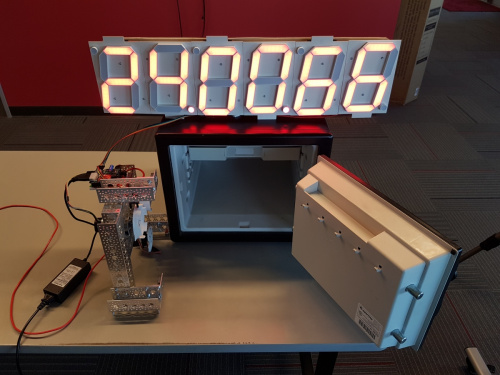
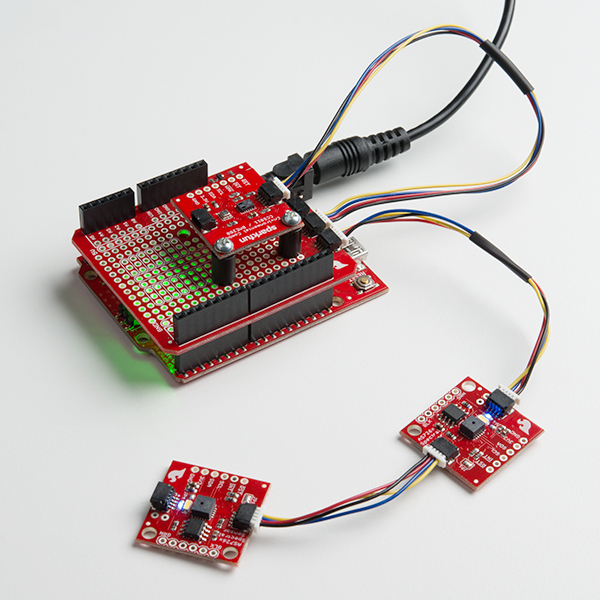
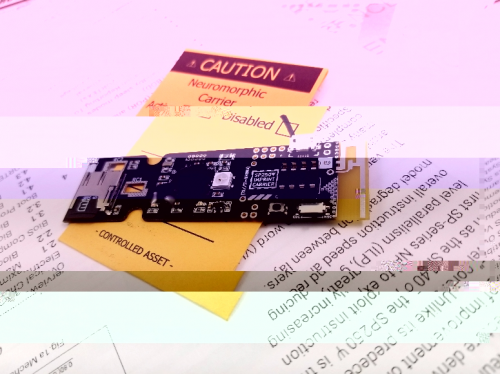
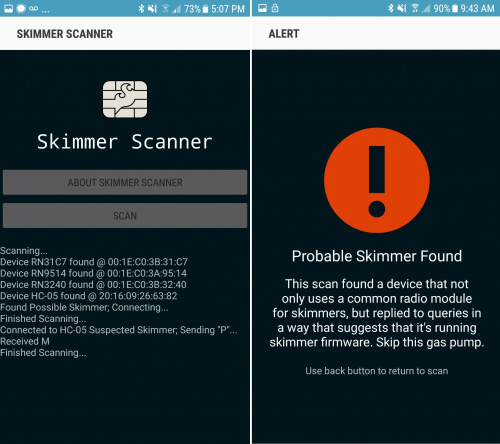
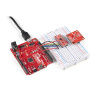
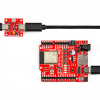





Great! Terrific!
The Qwiic system is interesting but i wonder why they had to make a new system when the grove system appears to do the same thing already.
I purchased a HARP and had a good time with that. Hope there is a another one in the future.
For future ideas. I enjoy things that make noise such as the sparkpunk line. Maybe something new for that. Or something that alters video signals also. Something for making art of some sort.
Grove and Qwiic have a few differences, the main one being that Qwiic is exclusively I2C whereas Grove functionality varies by the device and the port you plug it into. This means you can easily daisy-chain Qwiic devices, plug them into any Qwiic connector and they'll just work, etc. We're going to be putting the Qwiic connector on many more products; stay tuned!